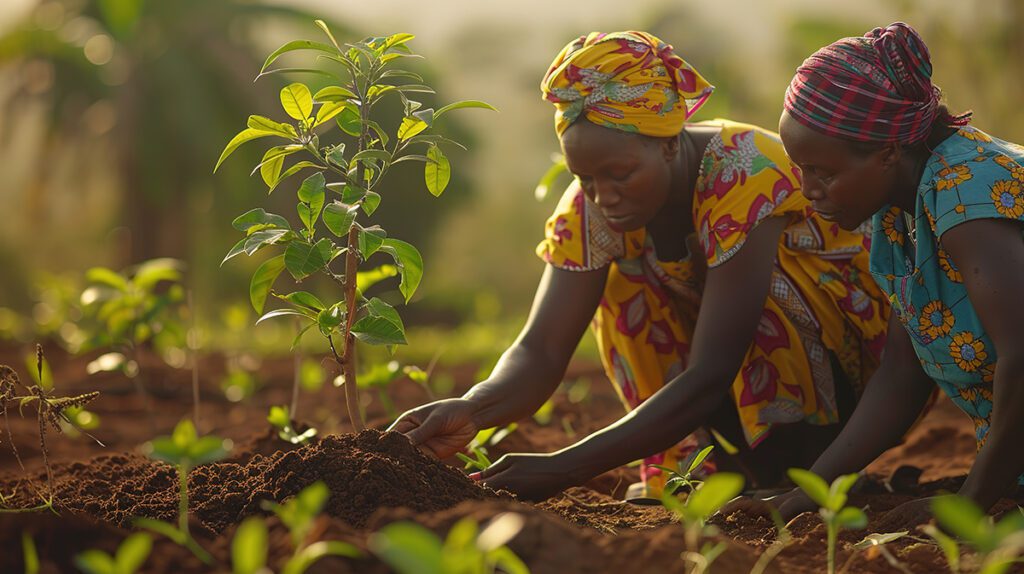The production and trade of environmentally preferable goods and services have become key enablers of export growth, climate resilience, market access, and job creation. Over the past two decades, the market for such goods and services — i.e., whose production and use have a positive environmental impact in comparison with their traditional counterparts or generate positive environmental externalities — has recorded steady growth.
An illustration of this trend is the near eight-fold expansion of the global organic food market, from 15 billion in 2000 to almost 135 billion euros in 2022 (FiBL & IFOAM).
Similarly, trade in other environmentally preferable sectors such as non-plastic packaging, renewable energy production equipment, and natural cosmetics has grown significantly, often outpacing that of their conventional equivalents and reflecting substantial market opportunities.
In parallel with this expansion, market access requirements adopted for climate action or environmental protection purposes have become a central element of trade policy discussions for both developed and developing countries.

